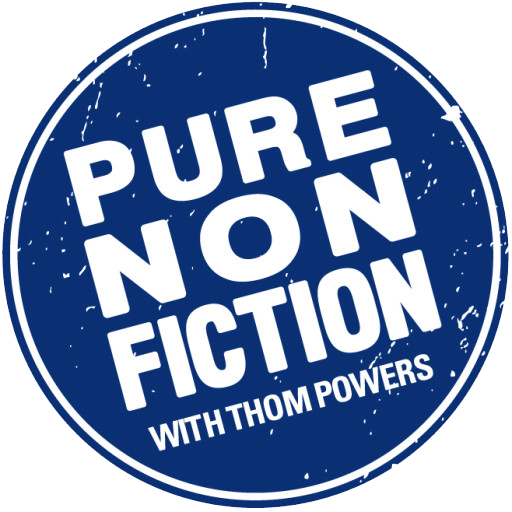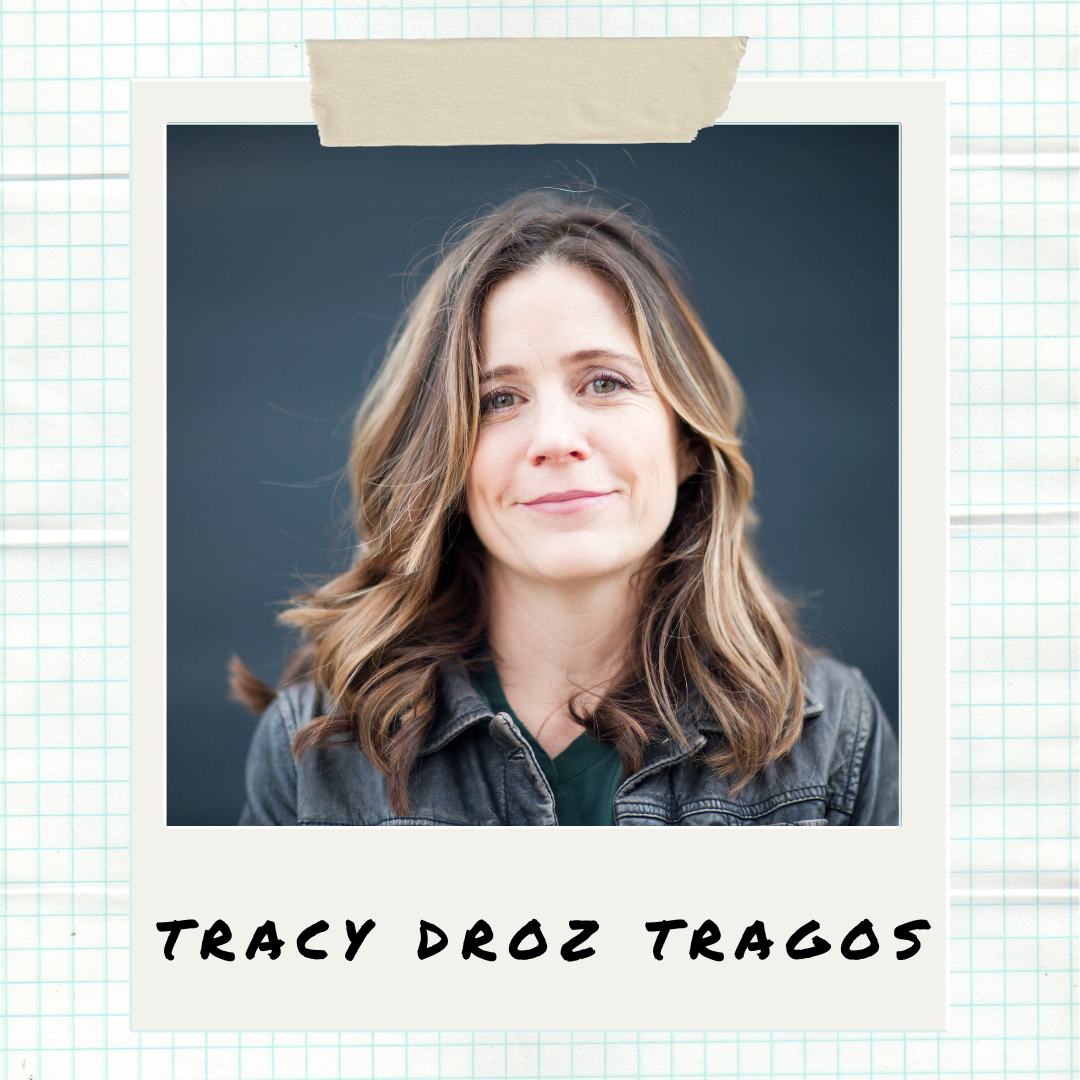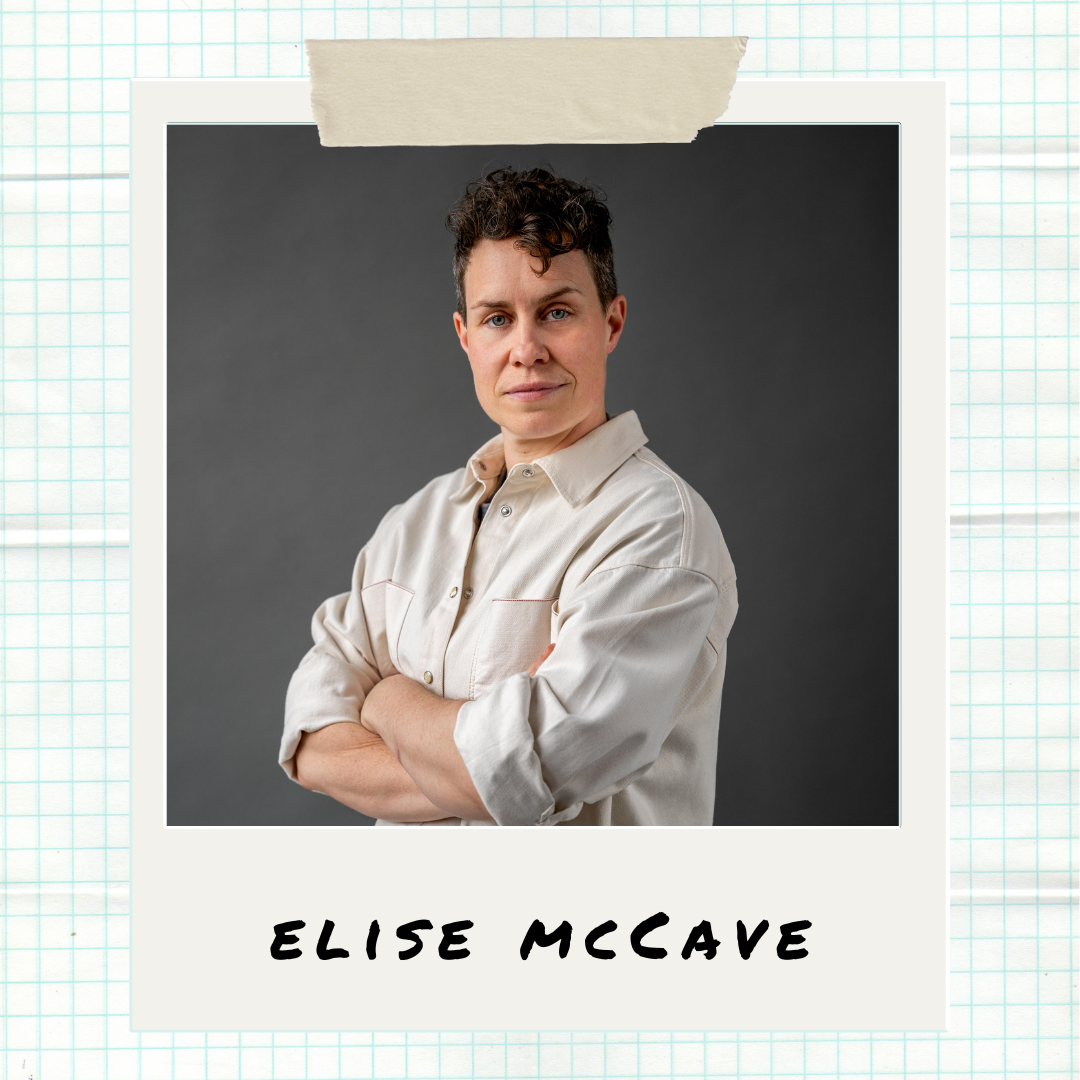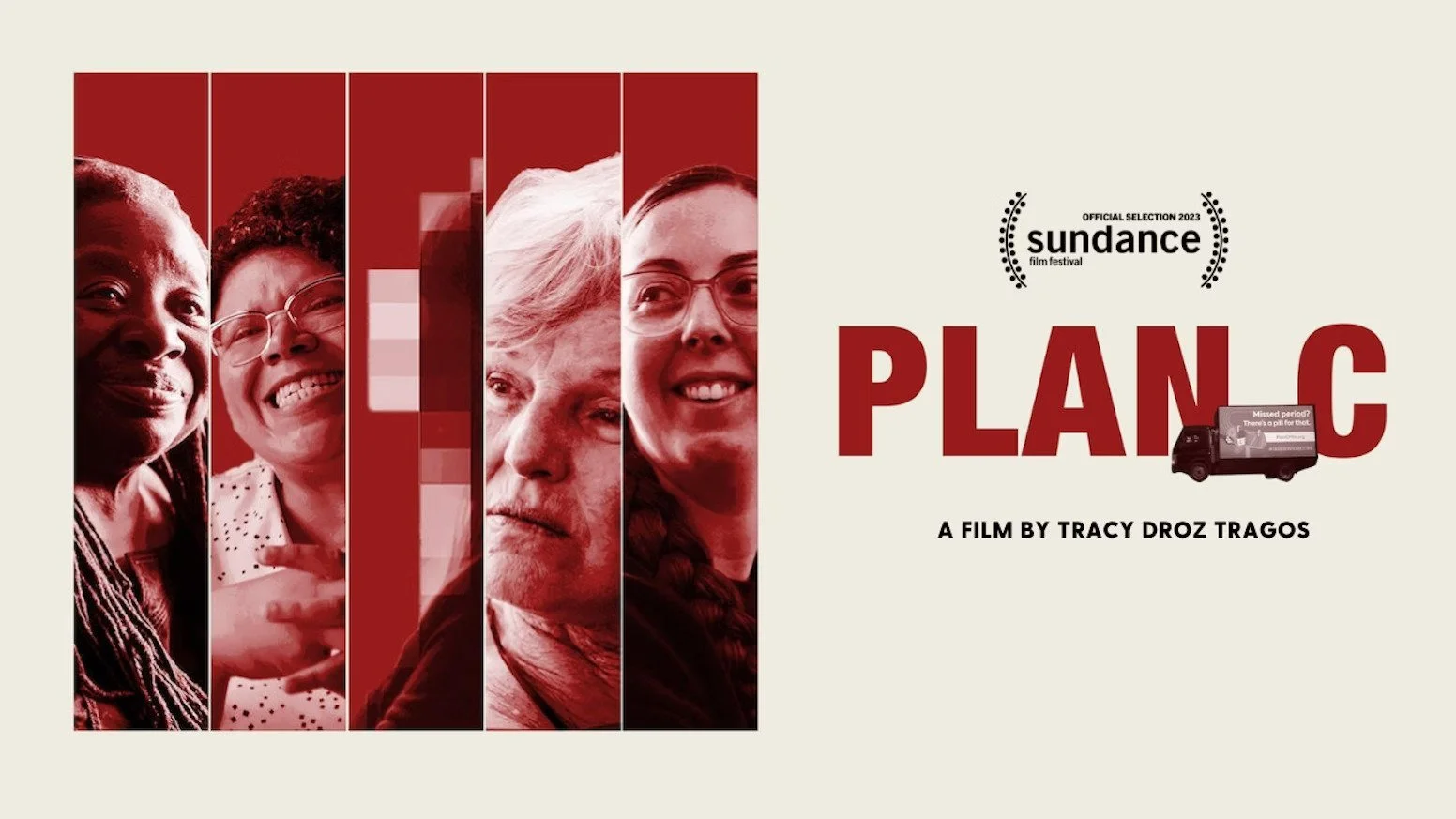Plan C Director Tracy Droz Tragos and Kickstarter’s Elise McCave on getting Creative with Distribution
In earlier installments, we heard from documentary producers responding to the dramatic shrinkage of viable distribution deals for independent films. Now we talk to filmmaker Tracy Droz Tragos who felt the shift acutely with her film Plan C about grass roots abortion activists. She previously directed Rich Hill that won the Sundance Grand Jury Prize in 2014; and she made Abortion: Stories Women Tell among other projects.
Plan C premiered at Sundance 2023 and was praised as “rousing” and “urgent” in prominent trade reviews. But Tragos says the distribution deals being offered wouldn’t cover the film’s modest six figure budget, so she needed to get creative.
In trying to chart a different path, she connected to Kickstarter’s head of film Elise McCave. Their conversations resulted in a Kickstarter campaign for Plan C that raised over $59,000 to support the film’s distribution plans in the fall.
Pure Nonfiction host Thom Powers spoke to Tragos and McCave about what they’re experiencing this year.
We invite you to email your suggestions for future topics to listen@purenonfiction.net.
Tracy Droz Tragos
Director, Plan C
Tracy, what drove you to make Plan C in the first place?
Tragos: I was inspired to make this film back in 2018 when Brett Kavanaugh was appointed to the Supreme Court. I began to research: what are people doing to prepare for Roe being overturned? Even though I had made a previous film about abortion and understood that access was already tricky, I knew things were going to get a whole lot worse.
So that was the original seed. Then it was four years of winding twists and turns. From a practical standpoint, it was really hard. There was no institutional support. I was turned down by every grant. I was turned down by every distributor during production. It was not like there was wind in my sails. There was very little wind, except I was empowered emotionally by the people who were doing the work at Plan C.
Going into Sundance this year, I think there was a foreboding in the documentary community that it was not going to be the sales market that it has been. Were you adjusting your expectations?
Tragos: I'd been working away nose down, so somewhat oblivious to things. I was in debt and I did expect that I might be able to break even going to Sundance. I didn't have any illusions that this was going to be a seven figure deal. But I didn't know that [the market] was this bad. You know, there's a cohort of us that premiered at Sundance and we're comparing stories. Yeah, it's pretty bleak.
I knew that a film about abortion would have an extra strike against us. It's seen as political, even if it's not political. But even films that are noncontroversial - the competition films and biopics made independently - even those aren't finding the homes that they should.
There are a lot of filmmakers - especially mid-career filmmakers, which is where I put myself - who are thinking, I can't do it this way again. Maybe I should do something else.
Elise McCave
Head of Film, Kickstarter
Elise, you talk to lots of different filmmakers, and I wonder how Tracy's experience relates to what you're hearing from others.
McCave: My inbox is a front line of whatever is happening in film. I deal with filmmakers of all stripes, at all career stages, working in all genres. But documentary is the sector that I'm most involved in. And for sure, the conversation that Tracy and I struck up is not the first conversation of that nature. And whilst Tracy's Kickstarter campaign is the first one of its kind this year, there are more coming.
You know, films that are deemed somehow “too political” to be touched - it’s very frustrating because “too political” also means highly relevant.
As a filmmaker, it must be a struggle to find optimism. But I am emboldened by the tenacity that filmmakers like Tracy show in getting the film made in the first place. And that necessity is the mother of invention.
We hear more about filmmakers using Kickstarter to get their film made. But there is a history of raising funds for distribution. Can you put it in perspective?
McCave: We've seen it when a team has a really clear mandate in the way that they want to exhibit their film. I'm thinking about Stanley Nelson’s film The Black Panthers: Vanguards of the Revolution [that raised over $62,000]. He wanted to show the film in places that it wouldn't otherwise be seen - that were off the map of national theater chains. So he raised money to do that. Jen Brea did the same with Unrest [that raised over $161,000]. She ran an enormously successful campaign to get the film in front of medical professionals. That was more important to her than just sheer numbers of eyeballs, although that was also important. My suspicion is we will see a spike in these kinds of campaigns this year as filmmakers decide there are priorities that won't be met with a lukewarm distribution offer. [Film consultant] Peter Broderick recently sent out a newsletter with Eight Golden Opportunities in the new world of distribution. I think it could be nine if you add crowdfunding.
I often think about Gary Hustwit who always made and distributed everything independently - not out of necessity but because he has a spirit of independence running through his veins. None of his films are owned by anyone. That means he has complete control. So while we're all scrambling around for solutions, Gary has a model.
Tracy, what did you learn from this crowdfunding campaign?
Tragos: For Rich Hill, we did a Kickstarter to finish the film [raising over $64,000]. So I knew it’s a lot of work. It was not something that I took lightly. I was working with people who would help me put things into a social media format. But a lot of the money came from directly emailing people that I knew cared about this issue. We made sure that it got in pro-choice newsletters, like Mothers Against Greg Abbott. That was really key.
I would also say, there is for sure a double bottom line. It is not just about the funding. It is about building awareness. The amount of people who now know about the film - that momentum is very much needed.
For me personally, I'm not someone who enjoys promoting. But this period of time forced me to be very out there. It's work that we have to do and I'm happy to have done. It’s work that needs to be done for the class of 2023. It just forces you to do that.
What would you want other producers who are in similar situations to know?
Tragos: Those who are finishing their films just now, I would say, this is a different time. Don't think that one size is going to fit all. Be creative, think about the distribution windows, think about holding back certain rights (such as educational) so you can monetize independently and leverage targeted audiences. Talk to filmmakers who have just experienced this because we've got a lot of ideas. I think crowdfunding is a strong option if you're not going to have a big distributor behind you.
The last thing I would say to my cohort is that I had some emotional resistance to doing a crowdfunder because I thought it would appear a bit "sad" - that I would be admitting defeat in some way. But with Kickstarter, backers are getting something valuable in return for their contributions - and doing the campaign felt much more like a show of strength - there was a clear mutual benefit.
For further questions about Kickstarter, you can reach Elise McCave at film@kickstarter.com.
Join Our Newsletter!
Sign up today for free and stay up to date on all things Pure Nonfiction. Be the first to be notified of newly released podcast episodes, details of upcoming festivals and more. Sign Up Today!








